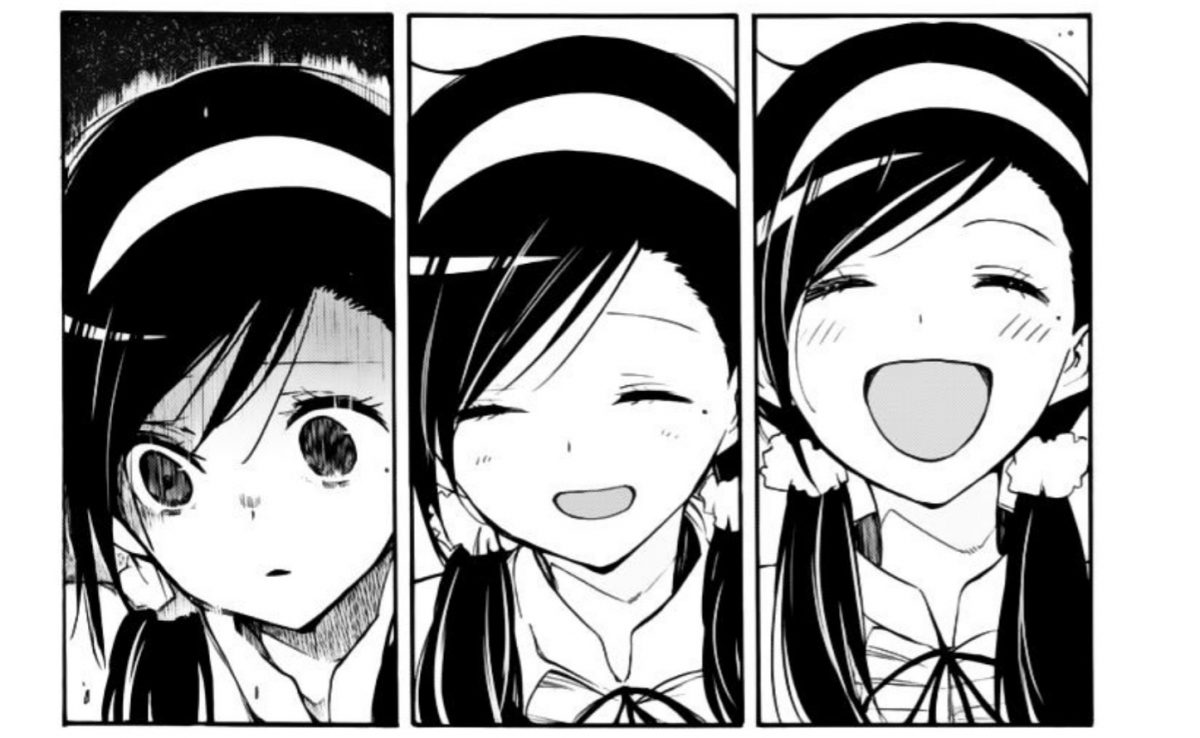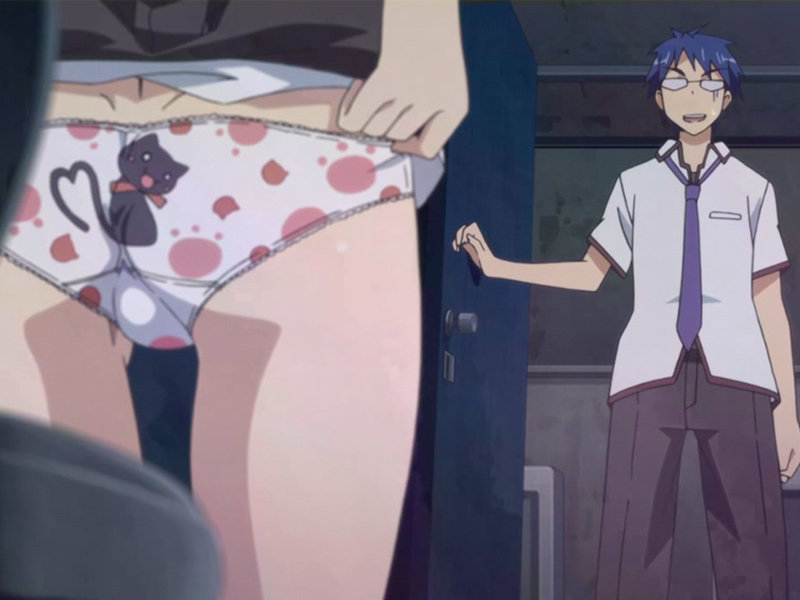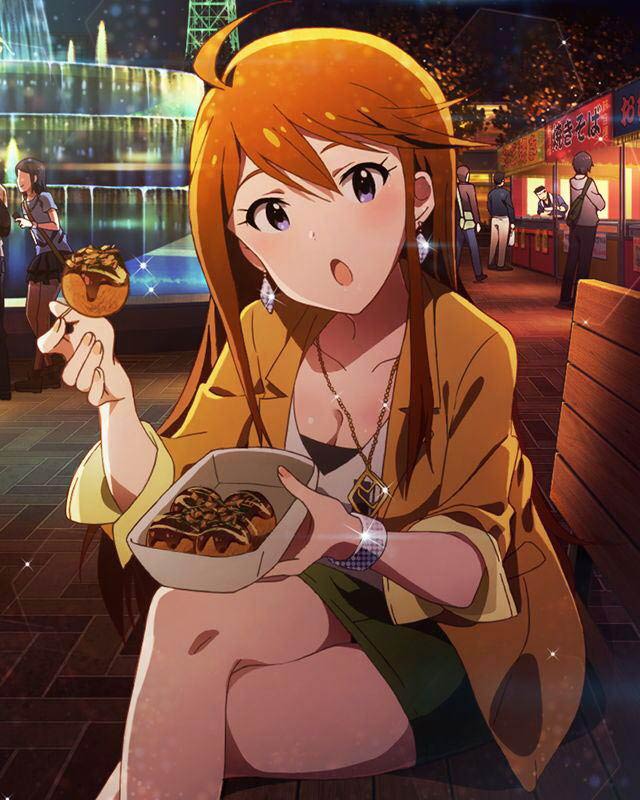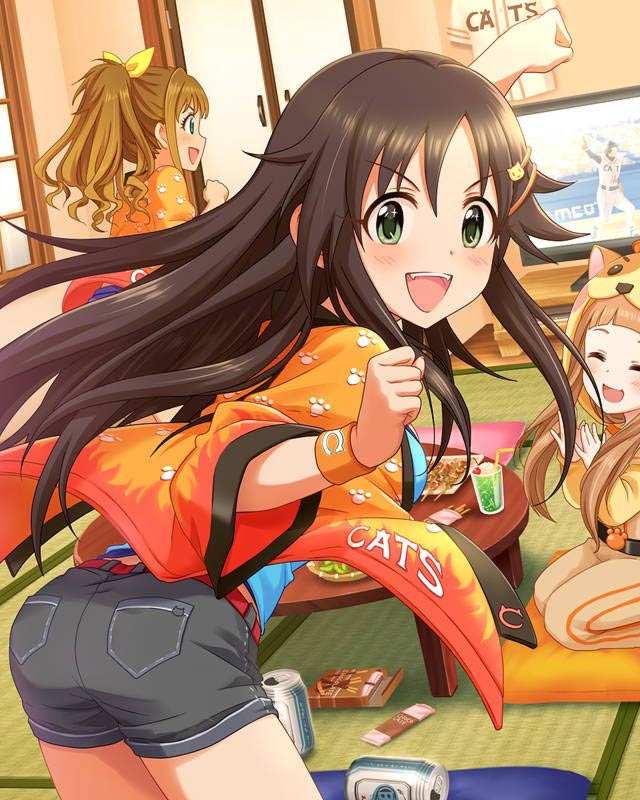Japan is declaring war on used electronics with the upcoming “PSE law” that will take effect next month. Basically, it’s a requirement that electronic devices such as televisions, computers or stereos have a special “safety sticker” on it, and since no products sold before 2002 have the sticker, their sale would presumably be illegal. It’s a problem for stores that sell vintage video game systems, musical instruments and amplifiers, and other kinds of older electronic devices. Many older Japanese housewives prefer the old 2-tub washing machines to today’s newfangled automatics — you have one tub for washing/soaking and another for rinsing, which some say gets clothes cleaner. Since they’re not made anymore, those who prefer the old way have to buy used, which would be hard to do under the new law. Happily, there seem to be quite a few loopholes, for example retailers may perform some inspections themselves, so maybe the effect of the new law won’t be that big.
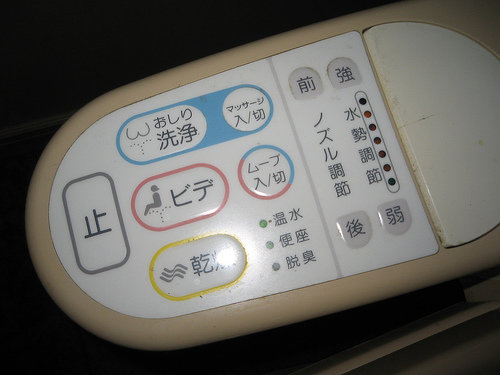
Japan is nothing if not technologically advanced, and living here is a lot of fun if you like gadgets. From phones with eye-poppingly advanced features to those dreamy chairs that massage away your daily stress, a trip to an electronics store in Japan is never boring. When I first came to Japan I was fascinated by those toilets that wash and dry your butt for you, which Japanese toilet maker Toto has named the washlet. In addition to providing a warm seat to sit on, so welcome on cold winter nights, the unit sends a stream of warm water to clean your nether regions, with options like a bidet (for ladies, although being a guy I’m rather fuzzy on all the bidet stuff), a water massage feature, and an air dryer for paperless operation. These washlet units are extremely popular here, with 60% of Japanese homes owning them — the fact that they help constipated people get through their business is probably a major selling point, as all Japanese women seem to suffer from this problem. They’re starting to appear in the U.S., too, although I don’t imagine most homes come with convenient electric plugs installed behind their toilets as they do in Japan.
The Japanese spend a lot of time worrying about the welfare and education of their children, perhaps because there are so few of them being born. If you drive around our city you can see these metal signs put up by the local PTA, with thoughtful slogans like “those who don’t show respect their parents won’t receive it from their children” and “think of ways to make your household a bright and cheerful place for your child to come home to after school.” I heard of a new slogan that adults teach to kids to protect them from some of the more unsavory elements of society: ika no osushi (ee-KA no oh-SOO-she, meaning squid sushi). The word breaks down into the following parts: ikanai (“don’t go” e.g. don’t go anywhere with a stranger), noranai (“don’t ride,” e.g. don’t get into a stranger’s car), okii koe wo dasu (yell for help if you need it), and sugu ni shiraseru (tell a grown-up right away if you have a problem). This feel-good Japanese message has been brought to you by the Sunday night “anime golden time” of Chibi Maruko-chan and Sazae-san, which are part of the end-of-weekend ritual at our house.



